Home>Garden Essentials>How To Eat Sesame Seeds Daily
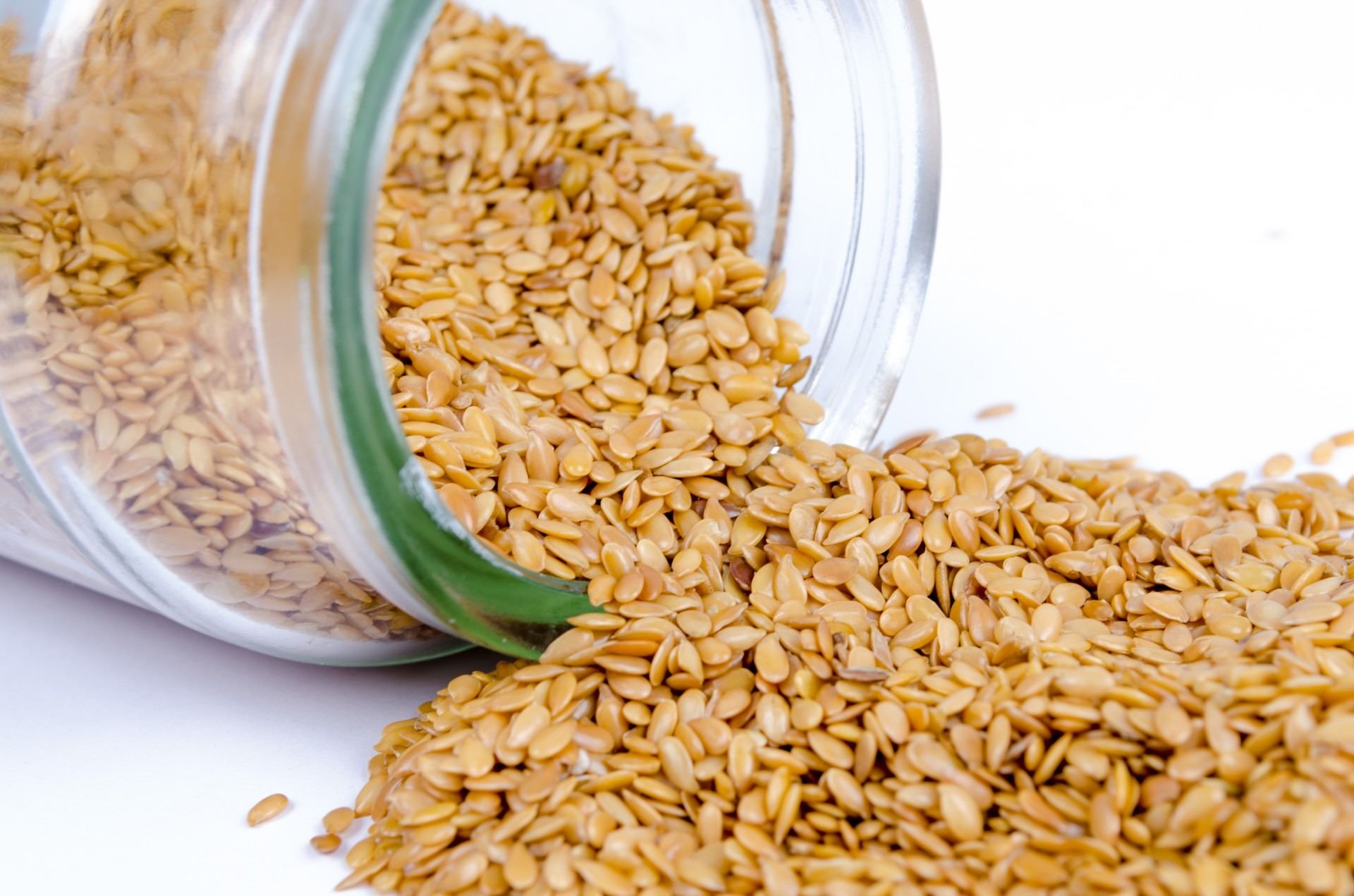

Garden Essentials
How To Eat Sesame Seeds Daily
Modified: March 24, 2024
Learn how to incorporate garden-grown sesame seeds into your daily meals for a healthy and flavorful addition to your diet.
(Many of the links in this article redirect to a specific reviewed product. Your purchase of these products through affiliate links helps to generate commission for Storables.com, at no extra cost. Learn more)
Introduction
Sesame seeds are tiny, but they pack a powerful punch when it comes to nutrition. These small, oval-shaped seeds have been used in culinary traditions for centuries and are known for their rich, nutty flavor. In addition to their taste, sesame seeds offer a range of health benefits that make them an excellent addition to your daily diet.
One of the key benefits of eating sesame seeds is their high content of healthy fats. Sesame seeds are rich in monounsaturated and polyunsaturated fats, including omega-6 fatty acids. These fats are known to promote heart health by reducing bad cholesterol levels and improving overall cardiovascular function.
Another notable benefit of sesame seeds is their abundance of essential vitamins and minerals. Sesame seeds are an excellent source of calcium, which is essential for strong bones and teeth. They also contain magnesium, iron, zinc, and vitamin B6, all of which play important roles in maintaining optimal health.
Not only are sesame seeds packed with valuable nutrients, but they also offer numerous antioxidant compounds. Antioxidants help protect the body from harmful free radicals, which can lead to chronic diseases such as cancer and heart disease. The presence of these antioxidants in sesame seeds can contribute to a strengthened immune system and overall longevity.
Additionally, sesame seeds have been linked to promoting digestive health. These little seeds are rich in dietary fiber, which aids in digestion and promotes regular bowel movements. Incorporating sesame seeds into your diet can provide relief from common digestive issues and contribute to a healthier gut.
Whether you choose to consume sesame seeds in their natural form or incorporate them into various recipes, the benefits remain the same. These powerful seeds are a versatile ingredient that can enhance the taste and nutritional value of your meals.
In the following sections, we will explore the nutritional value of sesame seeds, ways to incorporate them into your daily diet, delightful toasted sesame seed recipes, tips for buying and storing sesame seeds, as well as precautions and potential side effects to keep in mind.
Key Takeaways:
- Sesame seeds are a tiny but powerful addition to your diet, offering benefits like heart health, immune support, and digestive aid. Get creative with recipes to enjoy their nutty flavor and essential nutrients.
- When buying and storing sesame seeds, choose high-quality, organic options and keep them in airtight containers away from sunlight. Be mindful of potential allergies and consult a healthcare professional if needed.
Read more: How To Eat Sesame Seeds
Benefits of Eating Sesame Seeds
Eating sesame seeds offers a myriad of benefits for your overall health and well-being. Here are some key advantages of incorporating sesame seeds into your daily diet:
- Rich in essential nutrients: Sesame seeds are loaded with essential nutrients like calcium, magnesium, iron, and vitamin B6. Calcium promotes strong bones and teeth, while magnesium supports muscle and nerve function. Iron is crucial for oxygen transport in the body, and vitamin B6 is important for brain development and function.
- Aids in heart health: The monounsaturated and polyunsaturated fats found in sesame seeds promote heart health by reducing bad cholesterol levels. They also contain lignans, which have been associated with lower blood pressure levels and decreased risk of heart diseases.
- Supports healthy brain function: The high concentration of vitamin B6 in sesame seeds is beneficial for brain health. This vitamin plays a key role in the production of neurotransmitters, such as serotonin and dopamine, which are important for mood regulation and cognitive function.
- Boosts immune system: Sesame seeds are rich in antioxidants, such as sesamin and sesamol, which help strengthen the immune system and protect the body against oxidative stress and inflammation. These antioxidants also contribute to healthier skin and faster wound healing.
- Aids in digestion: Sesame seeds are an excellent source of dietary fiber, which supports healthy digestion. Fiber adds bulk to the stool, prevents constipation, and promotes regular bowel movements. It also supports the growth of beneficial gut bacteria, improving overall gut health.
- Supports weight management: Despite being calorie-dense, sesame seeds can still be beneficial for weight management. The combination of fiber, healthy fats, and protein in sesame seeds helps promote satiety, leading to reduced calorie intake and better appetite control.
- Could have anticancer properties: Some studies suggest that the lignans present in sesame seeds may possess anticancer properties. These lignans have been associated with reduced risk of certain types of cancer, including breast, colon, and prostate cancer.
By incorporating sesame seeds into your daily diet, you can enjoy these incredible health benefits and add a delicious and nutritious element to your meals.
Nutritional Value of Sesame Seeds
Sesame seeds are not only flavorful but also packed with essential nutrients. They are a rich source of healthy fats, protein, fiber, vitamins, and minerals. Here is a breakdown of the nutritional value of sesame seeds:
- Macronutrients: A 1-ounce (28-gram) serving of sesame seeds contains approximately 160 calories, 14 grams of fat, 6 grams of protein, and 3 grams of dietary fiber. The fats in sesame seeds are predominantly healthy fats, including monounsaturated and polyunsaturated fats.
- Calcium: Sesame seeds are an exceptional source of calcium, with a single ounce providing about 28% of the recommended daily intake. Calcium is essential for maintaining strong bones and teeth, as well as supporting proper muscle and nerve function.
- Magnesium: This mineral, found abundantly in sesame seeds, plays a role in over 300 biochemical reactions in the body. It is essential for nerve function, muscle relaxation, and maintaining a healthy heartbeat. A 1-ounce serving of sesame seeds provides approximately 25% of the recommended daily intake of magnesium.
- Iron: Sesame seeds are a good plant-based source of iron, an essential mineral involved in carrying oxygen throughout the body. Consuming 1 ounce of sesame seeds offers about 19% of the recommended daily intake of iron.
- Zinc: Zinc is crucial for immune function, wound healing, and DNA synthesis. Sesame seeds contain a moderate amount of zinc, providing about 12% of the recommended daily intake per ounce.
- B vitamins: Sesame seeds are a notable source of several B vitamins, including thiamin (vitamin B1), riboflavin (vitamin B2), niacin (vitamin B3), and vitamin B6. These vitamins are involved in energy production, metabolism, and maintaining proper brain function.
- Antioxidants: Sesame seeds are rich in antioxidants, such as sesamin and sesamol. These compounds help protect the body from oxidative stress and reduce inflammation, contributing to overall health and longevity.
It’s important to note that the nutritional content may vary slightly depending on the variety and preparation of sesame seeds. However, overall, including sesame seeds in your diet can provide a range of essential nutrients that support various bodily functions and promote optimal health.
Incorporating Sesame Seeds into Your Daily Diet
Adding sesame seeds to your daily diet is a simple and delicious way to enhance the nutritional value of your meals. Here are some creative and easy ways to incorporate sesame seeds into your everyday eating habits:
- Sprinkle them on salads: Sprinkle a handful of sesame seeds over your favorite salads for an added crunch and nutty flavor. They pair well with leafy greens, tomatoes, cucumbers, and other fresh vegetables.
- Blend them into smoothies: Add a tablespoon of sesame seeds to your smoothies for a nutritional boost. They blend well with fruits, yogurt, and leafy greens, adding a creamy texture and a subtle nutty taste.
- Use them as a topping: Sprinkle sesame seeds on top of yogurts, oatmeal, or breakfast bowls for a satisfying crunch. You can also sprinkle them on top of roasted vegetables, stir-fries, or grilled chicken and fish to add flavor and texture.
- Bake them into bread or muffins: Incorporate sesame seeds into homemade bread or muffin recipes to add a delightful crunch. You can either mix them into the batter or sprinkle them on top before baking.
- Make homemade tahini: Tahini, a thick paste made from ground sesame seeds, is a staple in various Middle Eastern and Mediterranean cuisines. Use tahini as a spread on toast, as a dressing for salads, or as a dip for vegetables.
- Create sesame seed bars or energy balls: Combine sesame seeds with other ingredients like nuts, dried fruits, and honey to make delicious and nutritious energy bars or energy balls. They make great on-the-go snacks or post-workout treats.
- Experiment with sesame seed dressings and sauces: Create your own homemade dressing or sauce using sesame seeds as a base. Combine sesame seeds with ingredients like soy sauce, ginger, garlic, and vinegar for a flavorful and healthy addition to your salads, stir-fries, or noodles.
- Add them to homemade granola or trail mix: Mix sesame seeds with oats, nuts, dried fruits, and sweeteners to create your own customized granola or trail mix. It’s a great way to enjoy the nutritional benefits of sesame seeds as a snack.
Remember to store your sesame seeds properly in an airtight container in a cool, dry place to maintain their freshness and flavor. Whole sesame seeds will stay fresh for several months, while toasted sesame seeds should be consumed within a few weeks for optimal taste.
By incorporating sesame seeds into your daily diet in various creative ways, you can enjoy their nutritional benefits while adding a delicious and healthy twist to your meals and snacks.
Sprinkle sesame seeds on your morning cereal, yogurt, or salad for a quick and easy way to incorporate them into your daily diet.
Toasted Sesame Seed Recipes
Toasting sesame seeds brings out their rich, nutty flavor and adds a delightful crunch to your dishes. Here are a few mouthwatering recipes that incorporate toasted sesame seeds:
- Toasted Sesame Seed Salad: Toss a mix of your favorite leafy greens, cherry tomatoes, cucumbers, and sliced avocado with a simple dressing made from toasted sesame seeds, olive oil, soy sauce, and a splash of rice vinegar. Top it off with a sprinkle of toasted sesame seeds for an extra crunch.
- Asian-Style Stir-Fry: Sauté your favorite combination of vegetables, such as bell peppers, snap peas, and mushrooms, in a wok with a bit of sesame oil. Add cooked chicken, beef, or tofu, and drizzle with a sauce made from soy sauce, ginger, garlic, and toasted sesame seeds. Garnish with more toasted sesame seeds before serving.
- Homemade Tahini: Toast sesame seeds in a dry skillet until golden brown, then transfer them to a food processor. Process until they form a smooth paste. Add a little olive oil and a pinch of salt to enhance the flavor. Use as a spread, dip, or dressing in various dishes.
- Sesame-Crusted Salmon: Sprinkle toasted sesame seeds over a salmon fillet that has been seasoned with salt and pepper. Sear the salmon in a hot pan with a bit of oil until cooked to your desired level of doneness. The toasted sesame seeds add a nice texture and flavor to the dish.
- Sesame Seed Energy Balls: In a food processor, combine toasted sesame seeds, dates, nuts (such as almonds or cashews), and a drizzle of honey. Blend until a sticky dough forms. Roll the mixture into bite-sized balls, and refrigerate for at least 30 minutes before enjoying as a healthy and energy-boosting snack.
- Sesame Noodle Salad: Cook your favorite noodles according to package instructions. In a bowl, whisk together soy sauce, sesame oil, rice vinegar, honey, minced garlic, and toasted sesame seeds. Toss the cooked noodles with the sauce and add thinly sliced vegetables like carrots, bell peppers, and green onions. Top with additional toasted sesame seeds for added crunch.
- Crunchy Sesame Seed Granola: Mix together oats, toasted sesame seeds, your choice of nuts and dried fruits, and a sweetener like maple syrup or honey. Spread the mixture in a baking pan and bake at a low temperature until golden brown and crispy. Let it cool before breaking it into chunks and enjoying it as a healthy breakfast cereal or snack.
These toasted sesame seed recipes offer a range of flavors and textures, from savory to sweet. Experiment with these recipes and feel free to customize them to suit your taste preferences. The versatility of toasted sesame seeds makes them a delightful addition to many dishes, enhancing both the taste and nutritional value.
Read more: How Many Pumpkin Seeds To Eat Daily
Tips for Buying and Storing Sesame Seeds
When it comes to buying and storing sesame seeds, there are a few factors to consider to ensure their quality and freshness. Follow these tips to make the most out of your sesame seed purchase:
- Choose high-quality seeds: Look for sesame seeds that are fresh, fragrant, and uniform in color. Avoid seeds that appear discolored, have a rancid smell, or show signs of moisture or mold.
- Opt for whole seeds: Whole sesame seeds have a longer shelf life compared to pre-ground or processed seeds. Buying whole seeds allows you to grind them as needed, preserving their flavor and freshness.
- Consider organic and non-GMO: Organic sesame seeds are grown without the use of synthetic pesticides and fertilizers, making them a healthier choice. Additionally, opting for non-GMO varieties ensures that the seeds have not been genetically modified.
- Buy in small quantities: Consider purchasing sesame seeds in smaller quantities to ensure their freshness. This is especially important if you don’t use them frequently in your cooking.
- Store in an airtight container: Transfer sesame seeds to an airtight container, such as a glass jar or a sealed plastic bag, to protect them from moisture, air, and light. Store the container in a cool, dry place, such as a pantry or cupboard.
- Avoid direct sunlight: Exposure to sunlight can degrade the quality of sesame seeds and lead to rancidity. Keep them away from direct sunlight and heat sources to maintain their flavor and freshness.
- Preferably refrigerate or freeze: If you live in a hot and humid climate, or if you bought a larger quantity of sesame seeds, consider storing them in the refrigerator or freezer. This will help extend their shelf life and prevent them from going rancid.
- Toast seeds before use: To enhance their flavor and aroma, toast sesame seeds before using them in your recipes. Simply place the seeds in a dry skillet over medium heat and stir frequently until they turn golden brown and become fragrant. Allow them to cool before grinding or using them as desired.
By following these tips, you can ensure that your sesame seeds stay fresh and retain their quality for a longer duration. This will allow you to enjoy their delicious nutty flavor and reap their nutritional benefits in your culinary adventures.
Precautions and Side Effects
While sesame seeds offer numerous health benefits, it’s essential to be aware of potential precautions and side effects, especially for individuals with specific conditions or allergies. Here are some important considerations to keep in mind:
- Allergies: Sesame seeds are a common allergen, with some individuals experiencing allergic reactions ranging from mild symptoms like hives and itching to more severe reactions such as difficulty breathing and anaphylaxis. If you have a known sesame seed allergy, it’s crucial to avoid consuming sesame seeds and products that contain them.
- Phytic acid: Like other seeds and nuts, sesame seeds contain phytic acid, which can inhibit the absorption of certain minerals like calcium, iron, and zinc. However, the amount of phytic acid in sesame seeds is relatively low, and the body’s ability to adapt and compensate for this inhibition is generally efficient. If you have concerns about mineral absorption, consider consuming sesame seeds as part of a varied and balanced diet.
- Oxalate content: Sesame seeds are moderately high in oxalates, which can contribute to the formation of kidney stones in susceptible individuals. If you have a history of kidney stones or are at risk, it’s advisable to moderate your consumption of foods high in oxalates, including sesame seeds.
- Interactions with medications: Sesame seeds, specifically the oil extracted from them, may have a mild blood-thinning effect. If you are taking blood-thinning medications or have a bleeding disorder, consult with your healthcare provider before significantly increasing your sesame seed intake to avoid potential interactions.
- Caloric value: While sesame seeds are packed with nutrients, they are also calorie-dense. Consuming large amounts of sesame seeds without considering portion sizes can contribute to weight gain or hinder weight loss efforts. Be mindful of your overall calorie intake and incorporate sesame seeds within a balanced diet.
As with any dietary consideration, it’s important to listen to your body and make informed decisions based on your individual health needs and circumstances. If you have any specific concerns or medical conditions, consult with a healthcare professional for personalized advice.
Incorporating sesame seeds into your diet in moderation is generally safe and can provide numerous health benefits. However, it’s important to be aware of potential allergies, monitor portion sizes, and make adjustments based on your unique health circumstances.
Conclusion
Sesame seeds are not only delicious but also highly nutritious, offering a range of health benefits when incorporated into your daily diet. From their rich content of healthy fats and essential nutrients to their potential protective effects against chronic diseases, sesame seeds are a valuable addition to any well-rounded eating plan.
By consuming sesame seeds, you can support heart health, promote healthy digestion, boost your immune system, and even potentially reduce the risk of certain types of cancer. These tiny seeds are a powerhouse of nutrients, including calcium, magnesium, iron, and B vitamins, which are crucial for various bodily functions.
With their unique nutty flavor and crunch, sesame seeds can easily be incorporated into your everyday meals and snacks. Sprinkle them on salads, mix them into baked goods, and toss them with vegetables or noodles for added taste and texture.
However, it’s important to note that sesame seeds can cause allergic reactions in some individuals, and those with specific medical conditions or on certain medications should exercise caution or seek medical advice before significantly increasing their sesame seed consumption.
Remember to buy high-quality sesame seeds, preferably organic and non-GMO, and store them properly in airtight containers away from direct sunlight. Toasting the seeds before use can further enhance their flavor and aroma.
Incorporating sesame seeds into your daily diet can be a simple and enjoyable way to boost your overall health and well-being. So go ahead and embrace the goodness of sesame seeds and elevate your meals with their nutty and nutritious presence!
Frequently Asked Questions about How To Eat Sesame Seeds Daily
Was this page helpful?
At Storables.com, we guarantee accurate and reliable information. Our content, validated by Expert Board Contributors, is crafted following stringent Editorial Policies. We're committed to providing you with well-researched, expert-backed insights for all your informational needs.
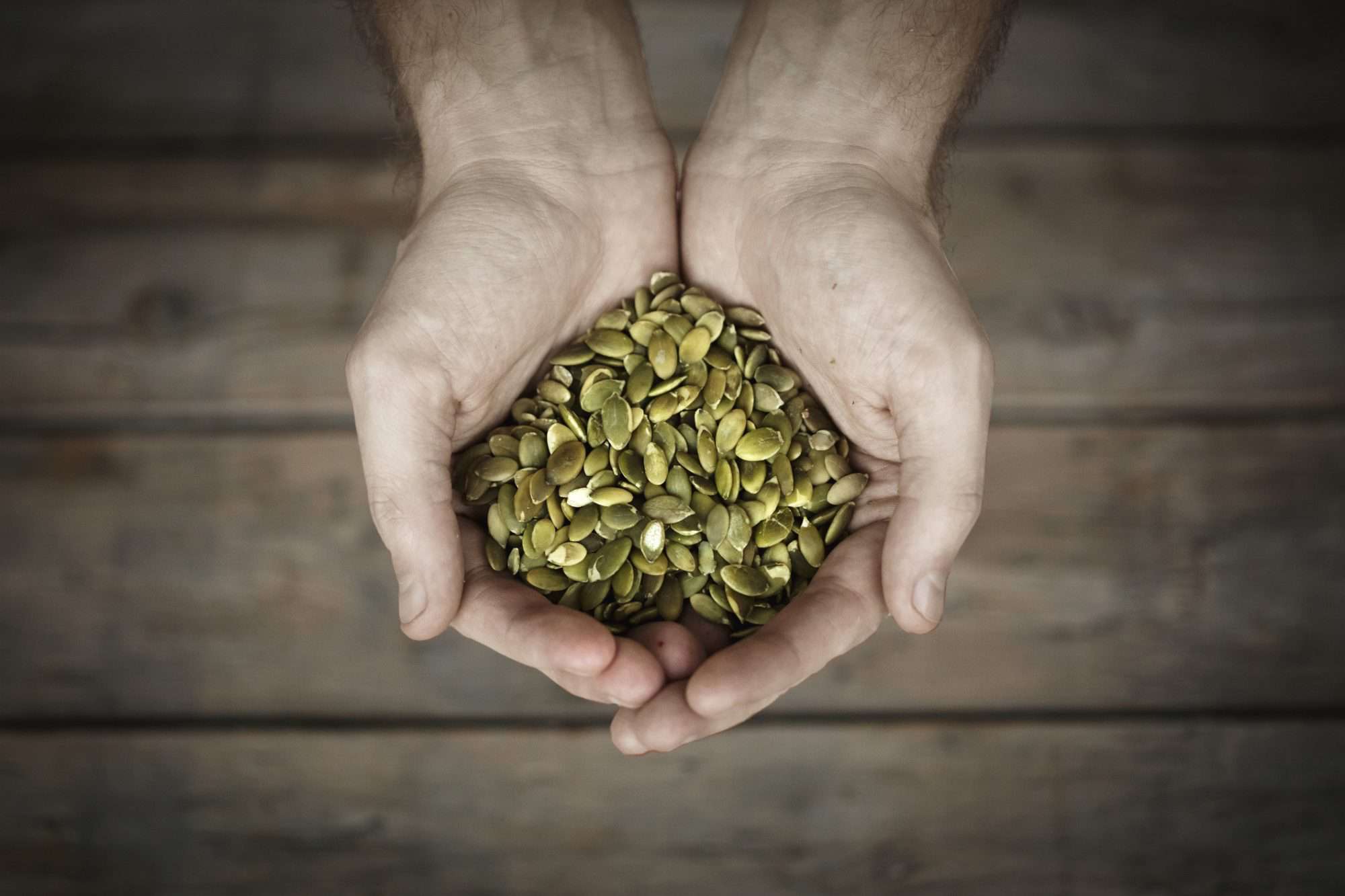
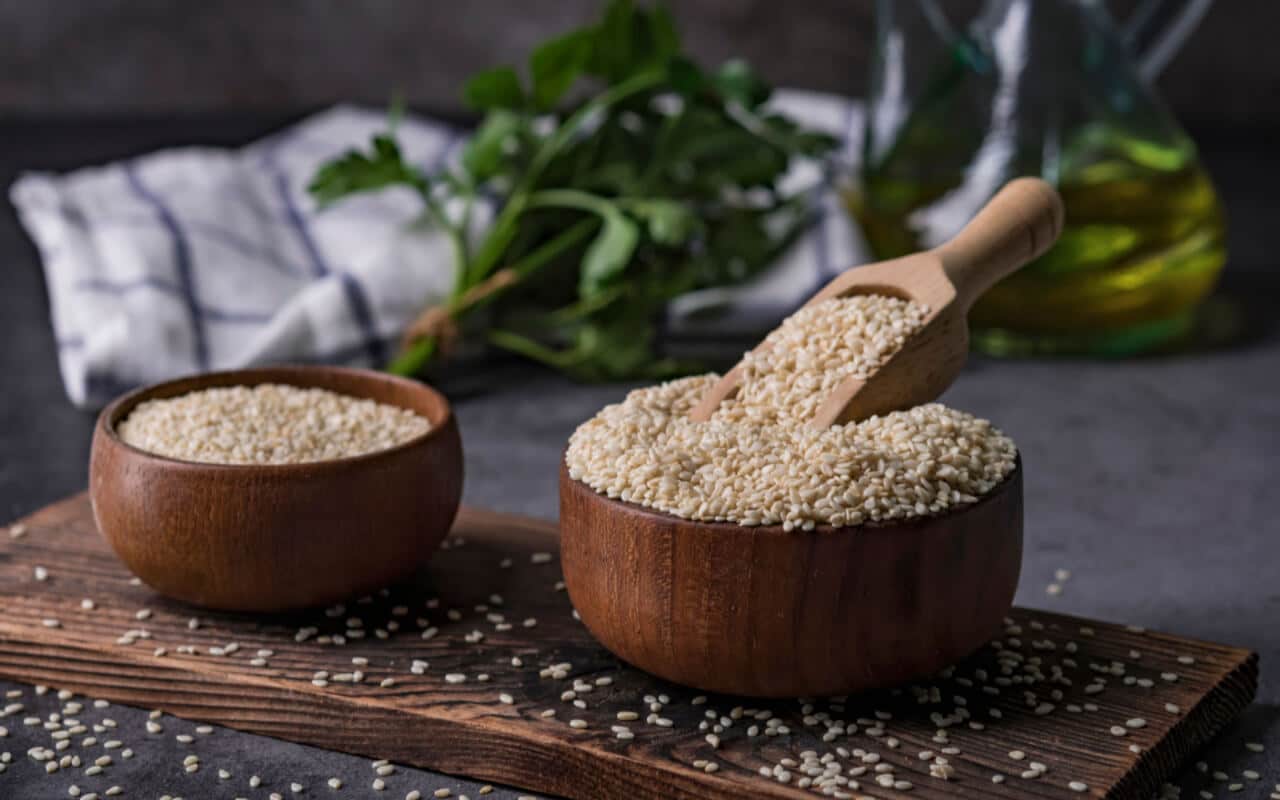
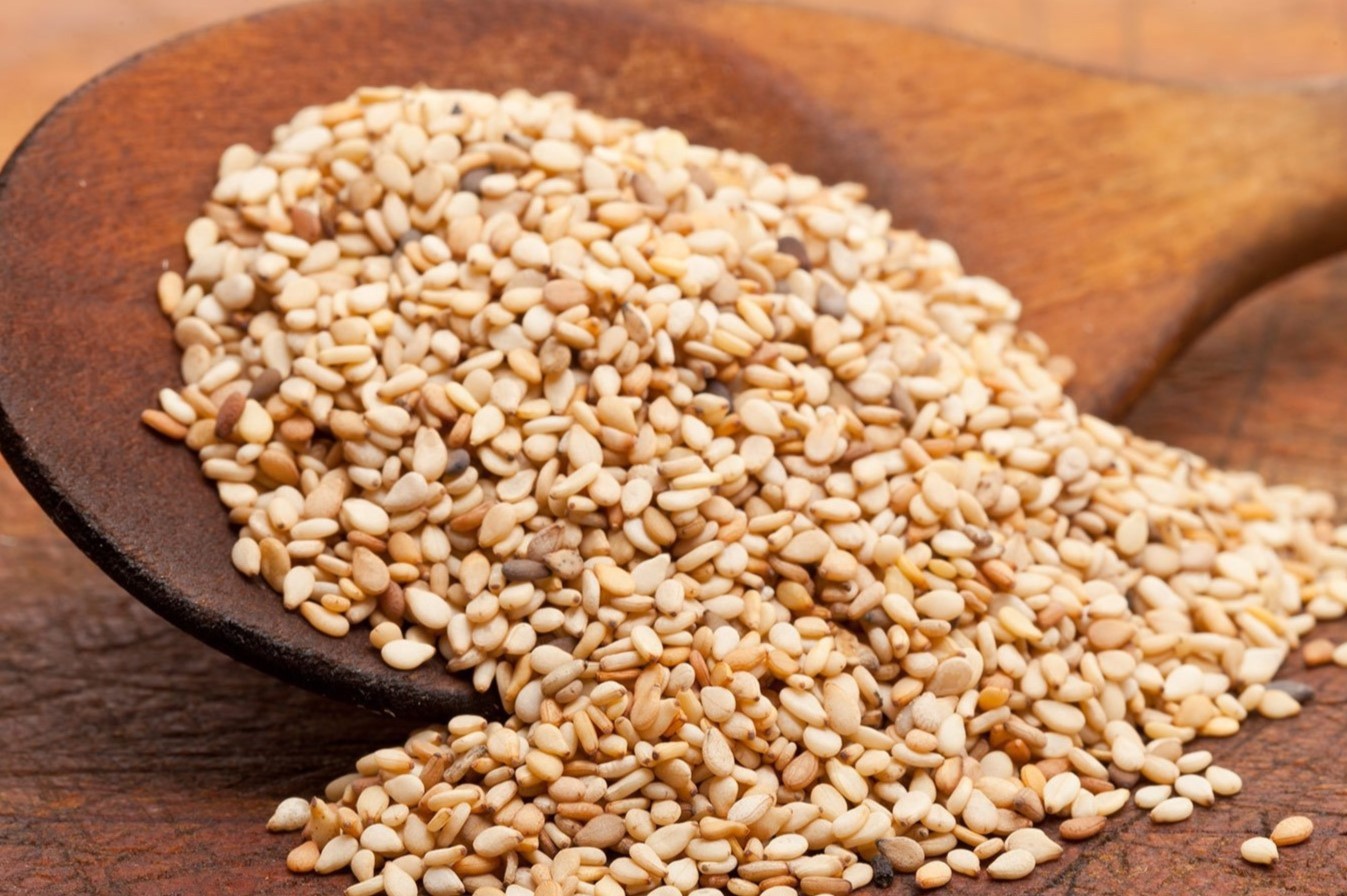
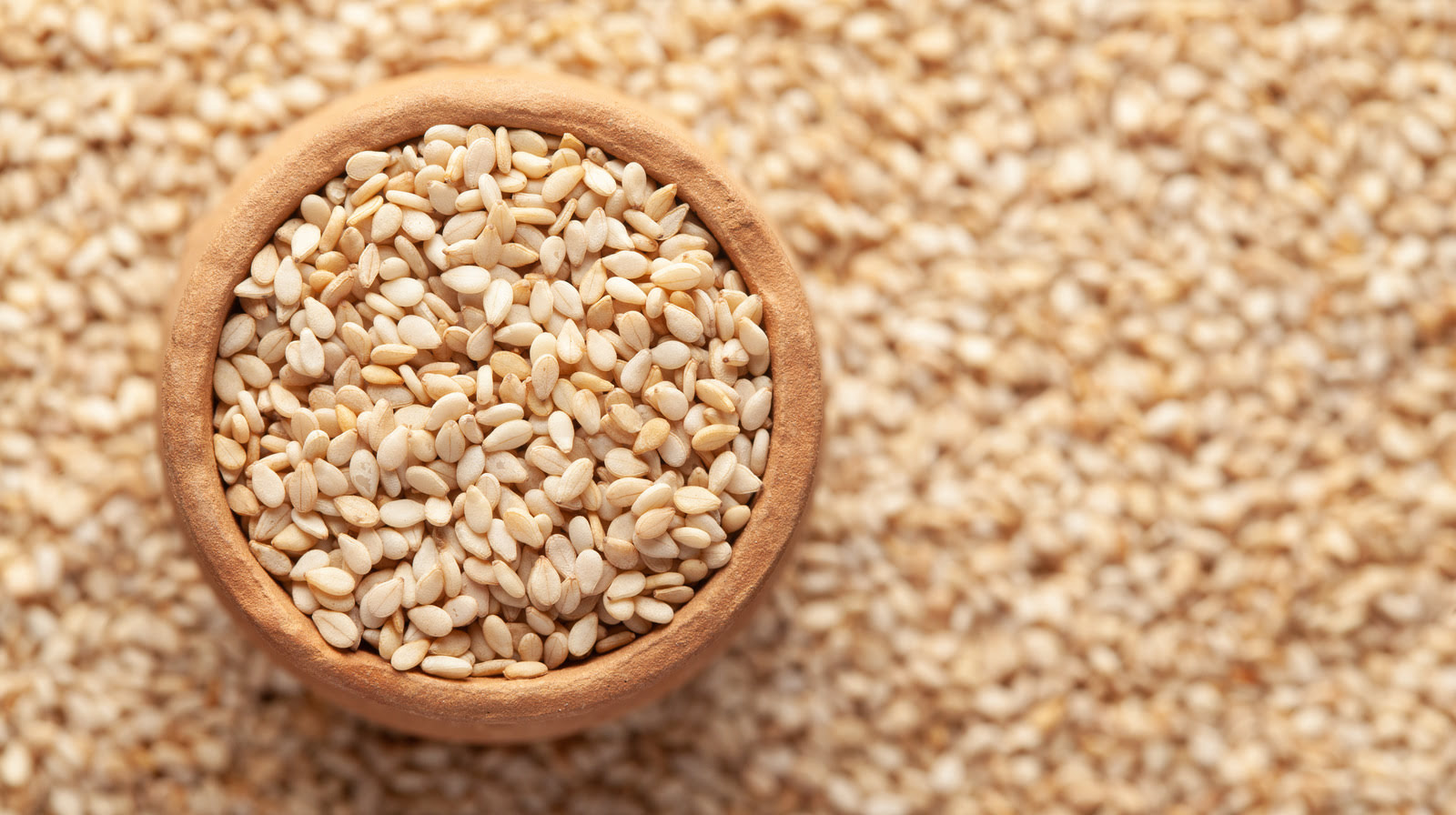
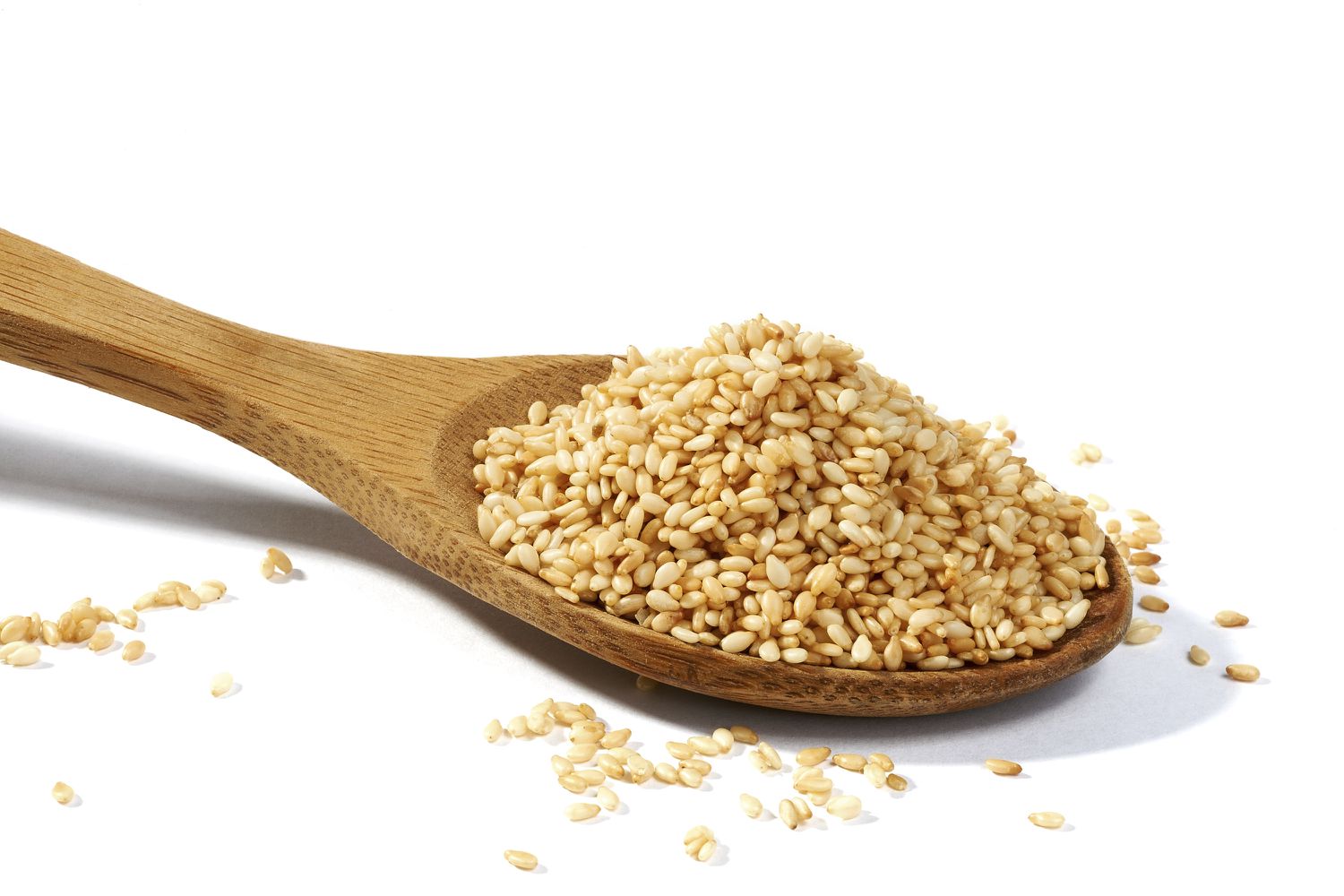
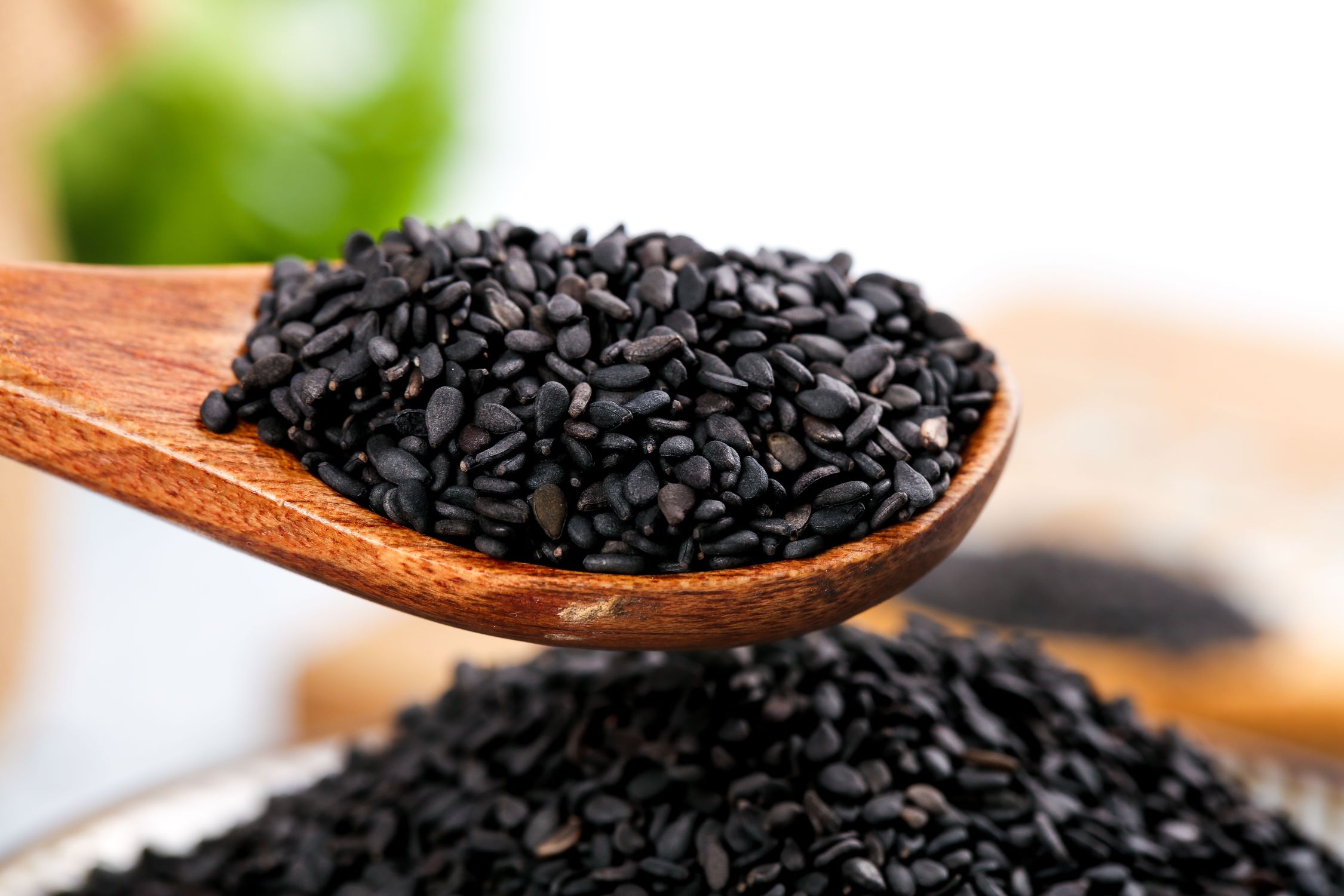
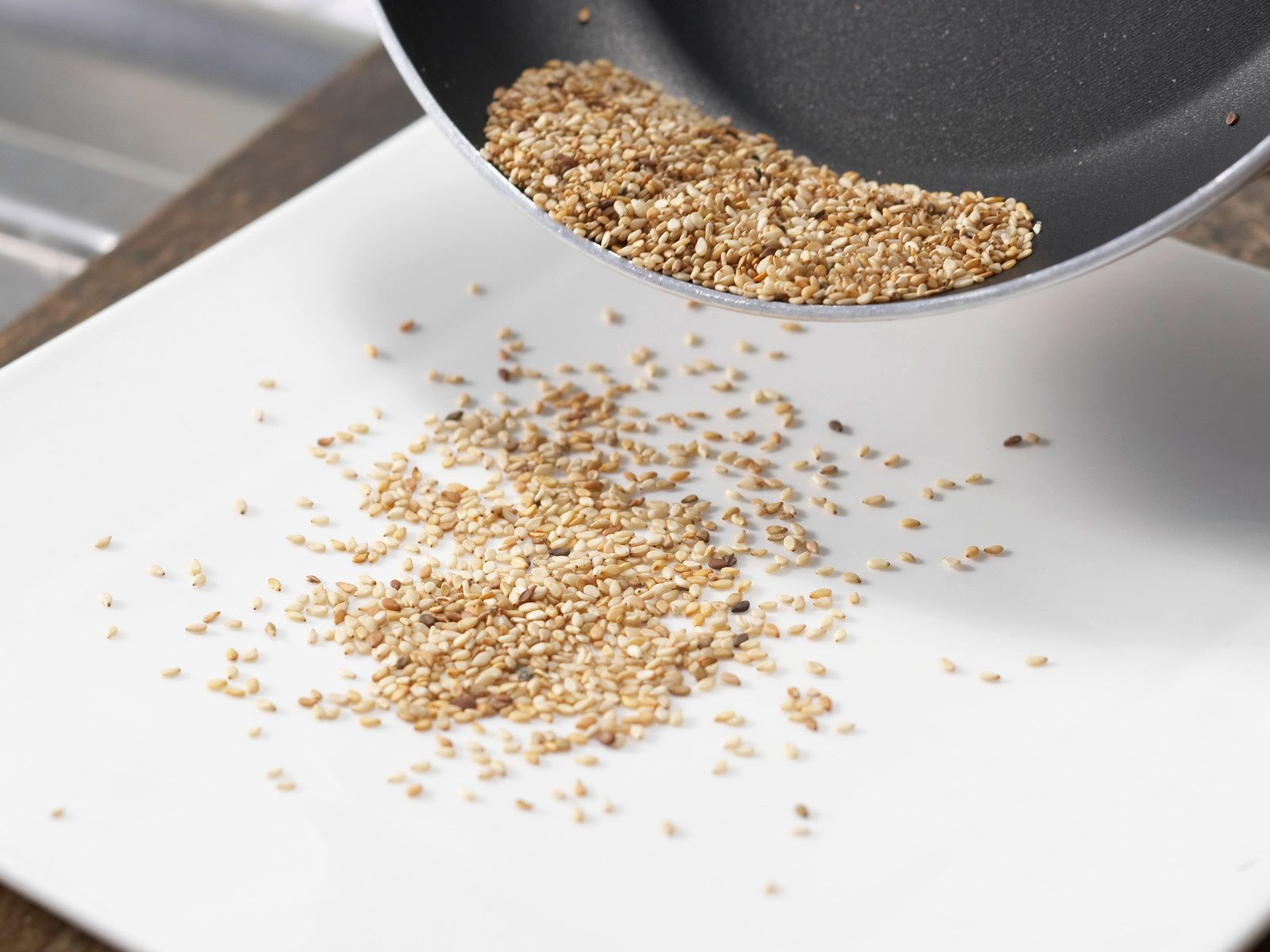
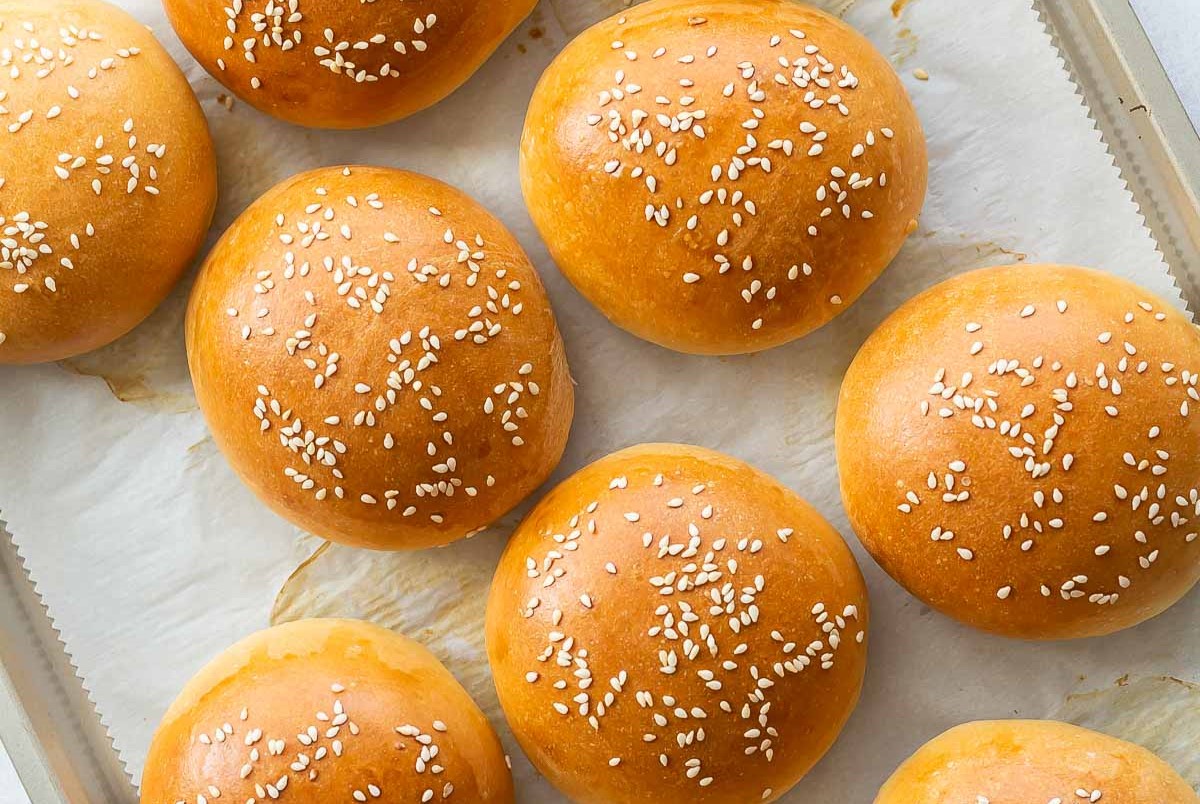
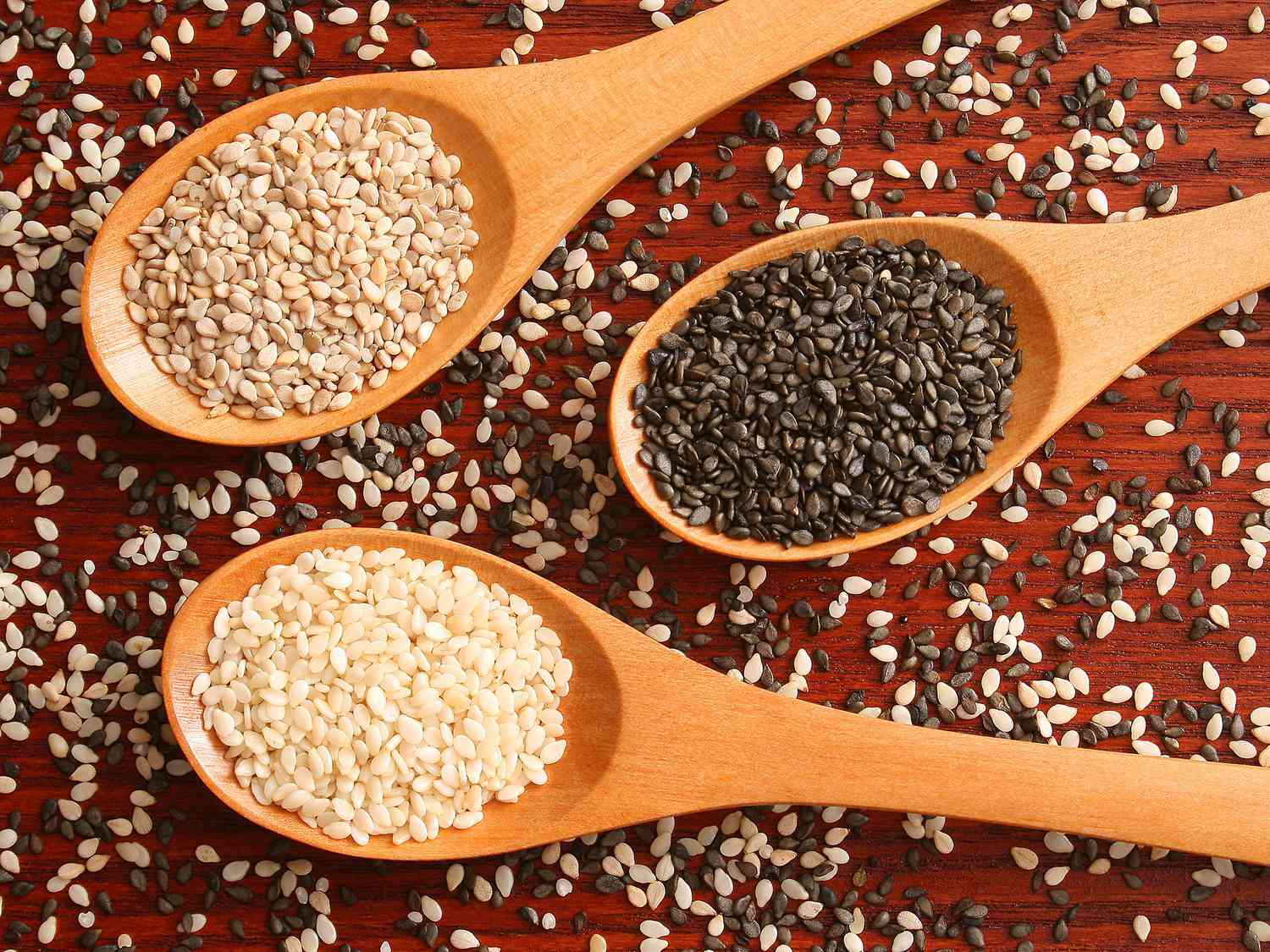
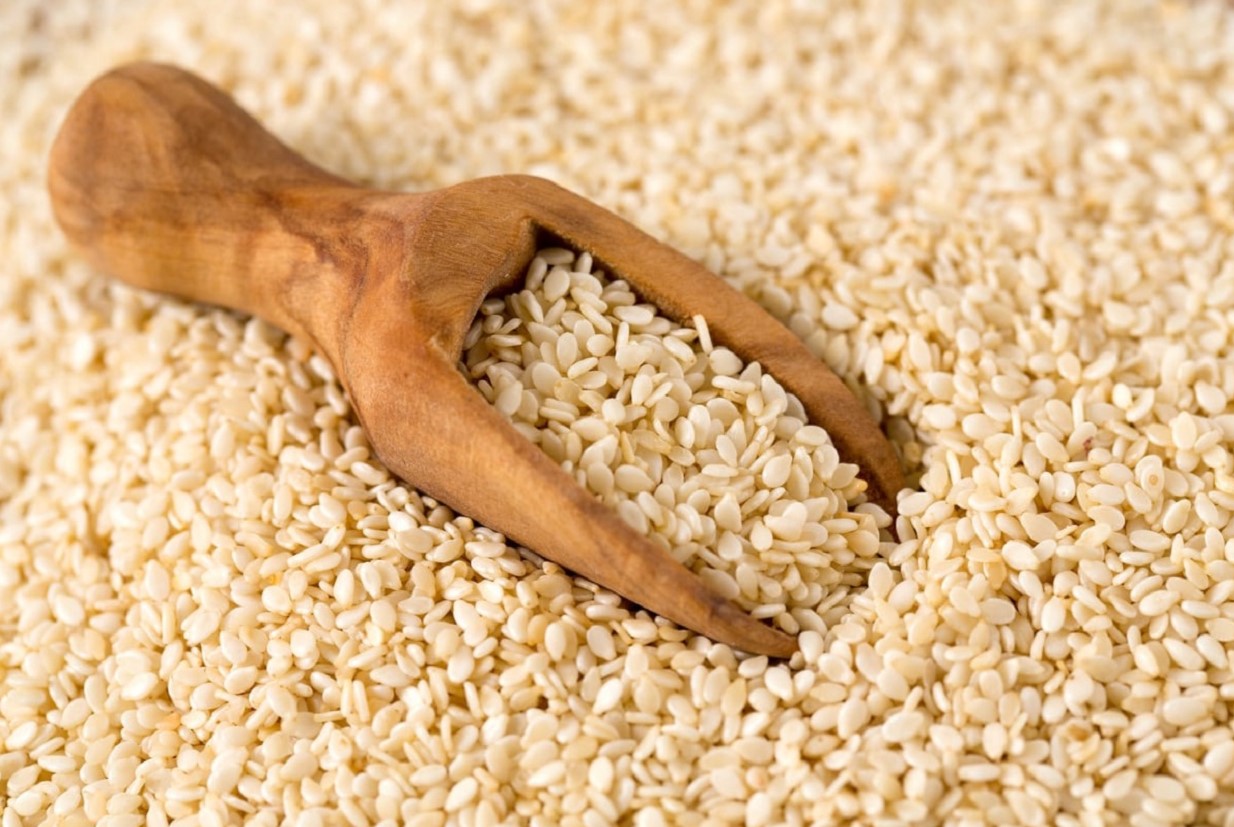
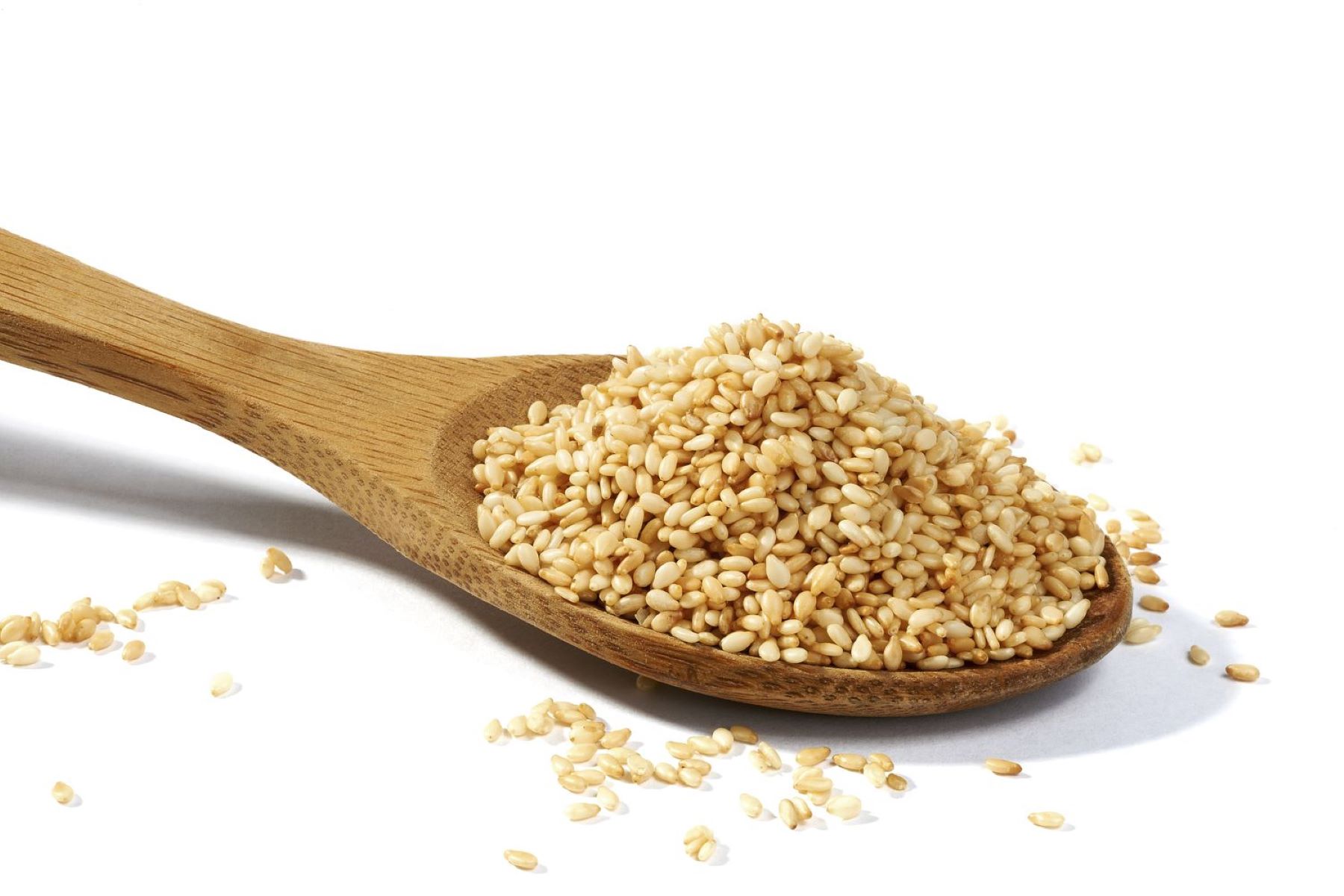
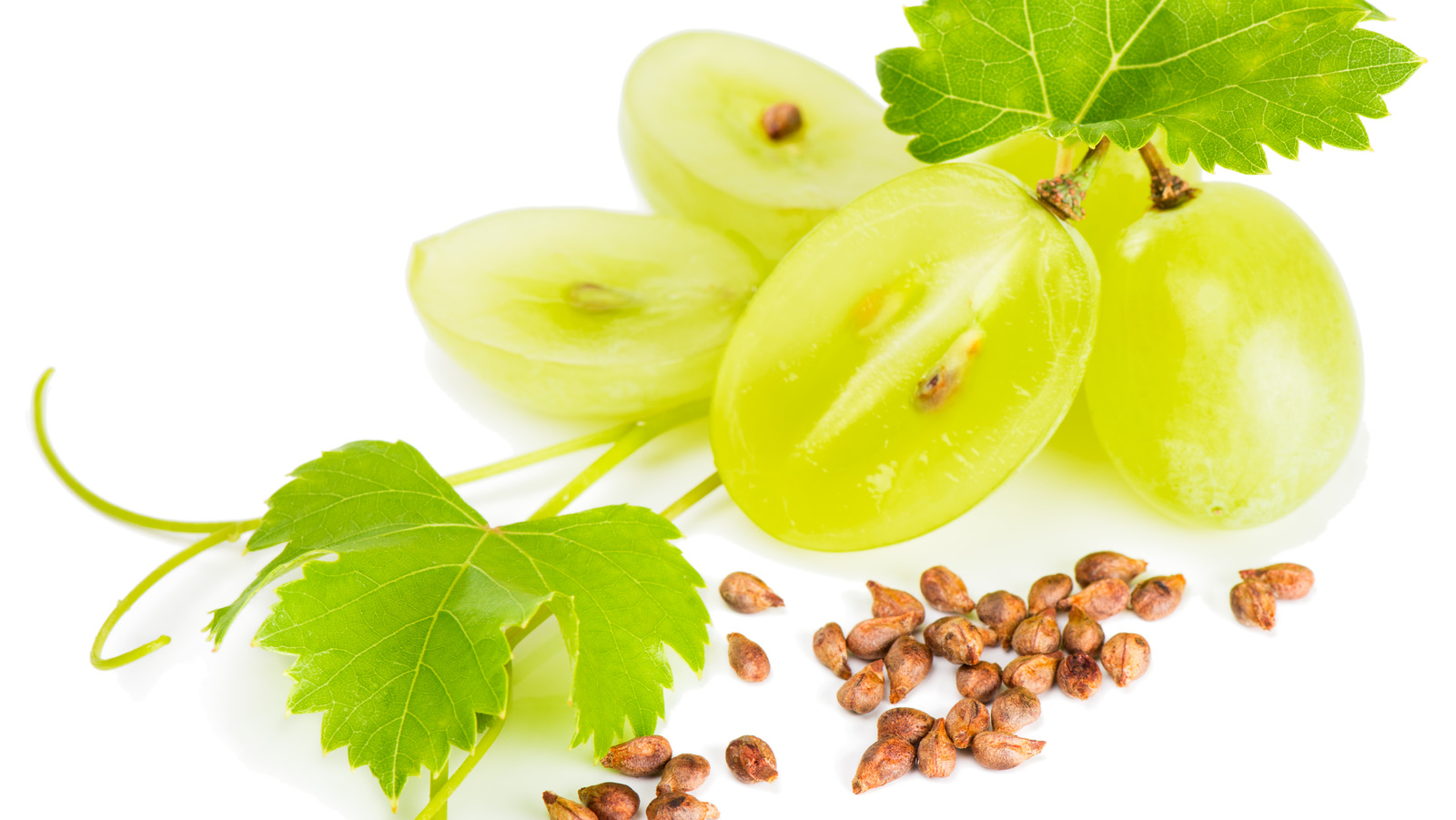
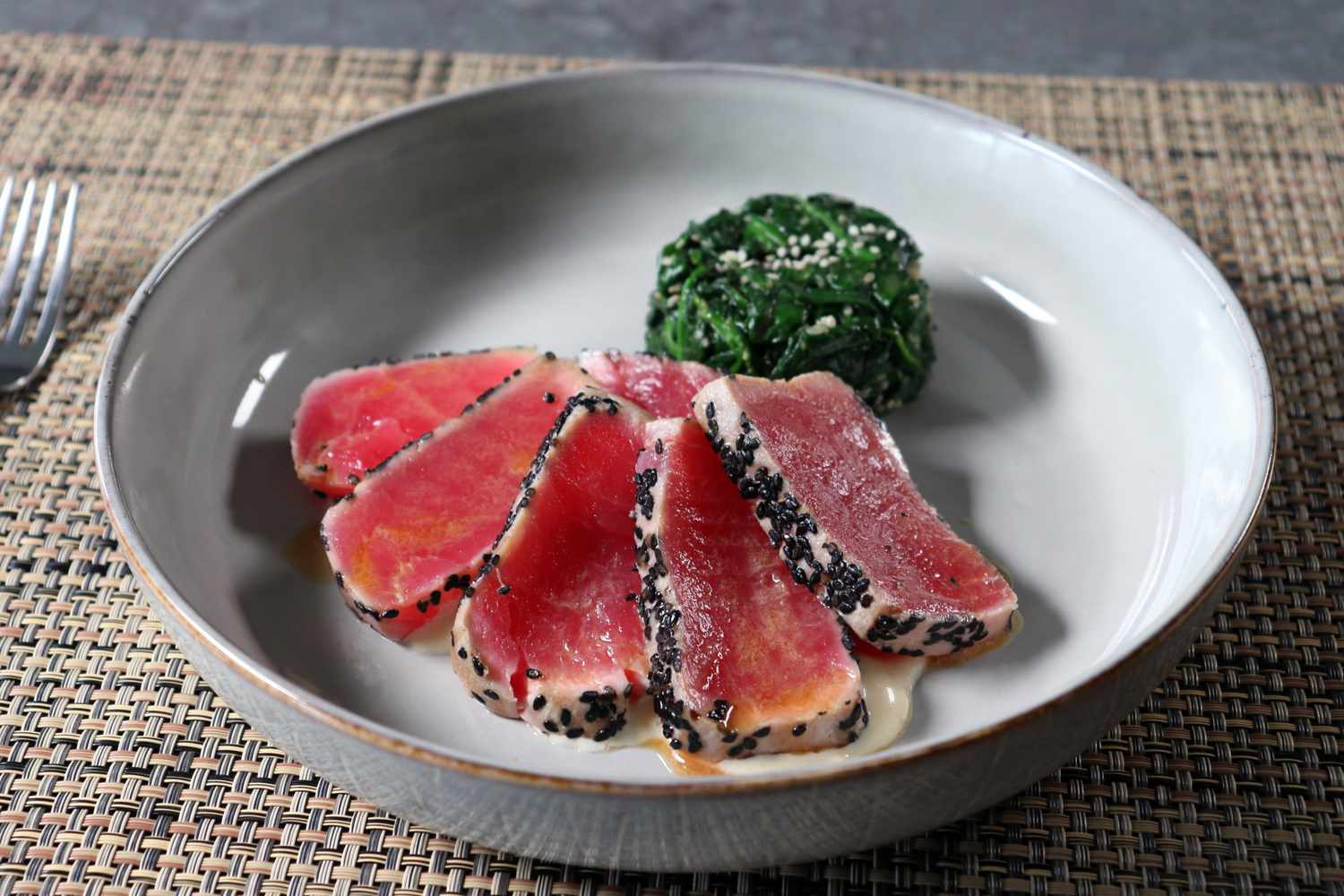
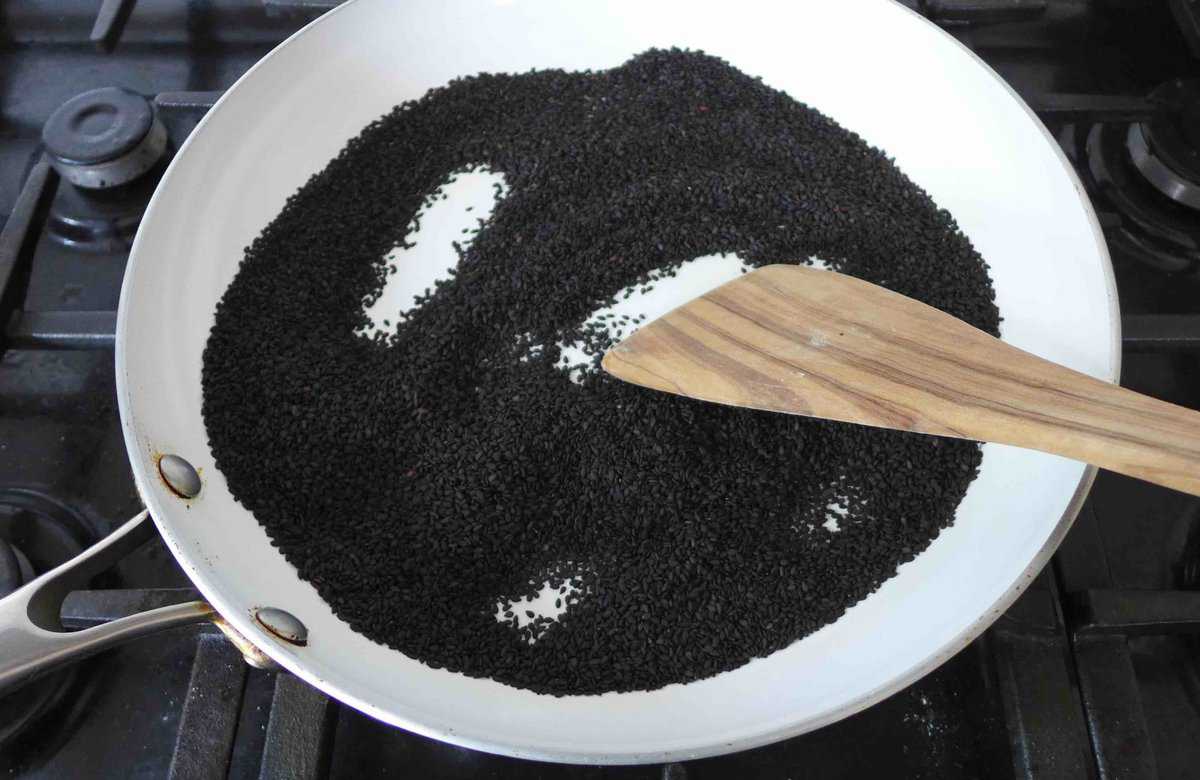

0 thoughts on “How To Eat Sesame Seeds Daily”